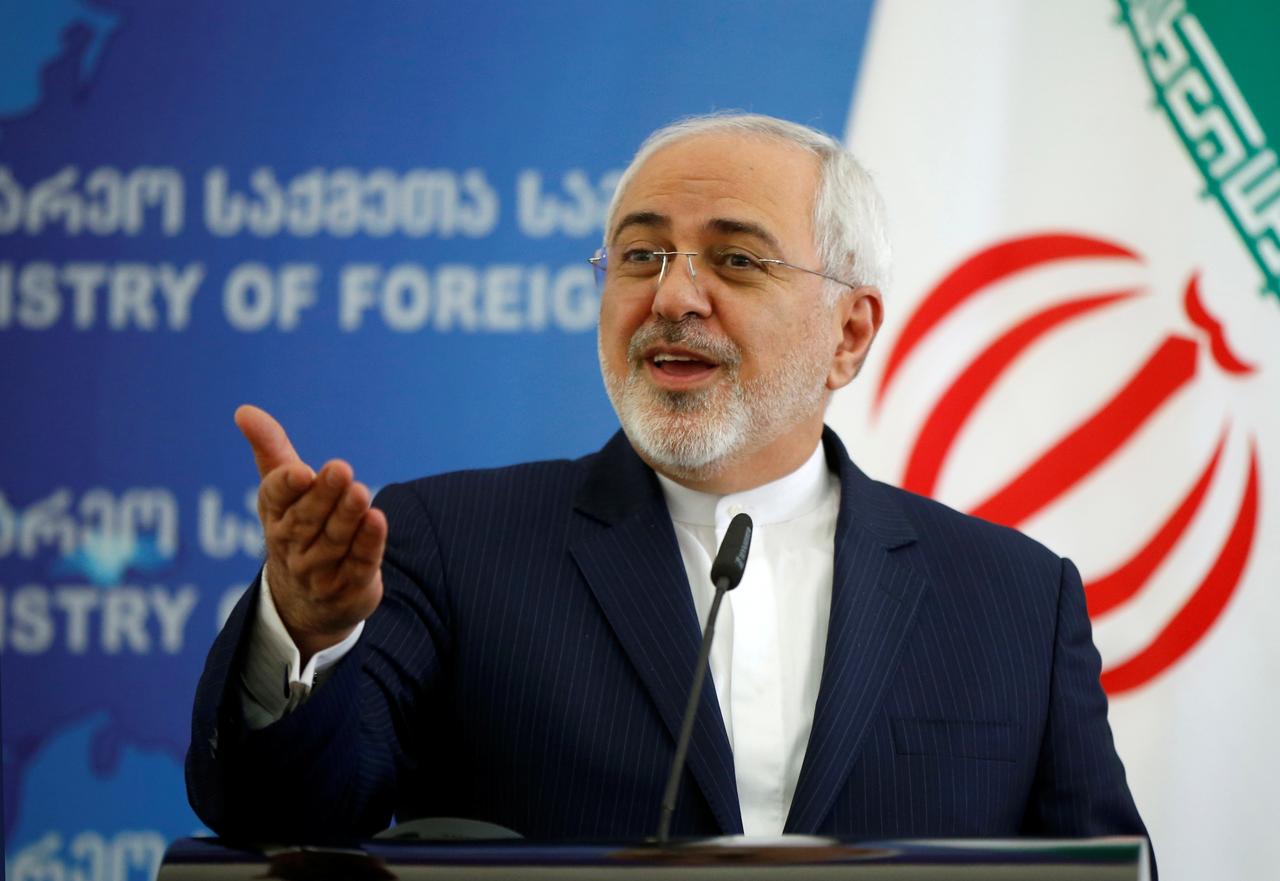Iran’s racist revisionism must be challenged

State-sponsored media outlets play a major role in political, cultural and diplomatic promotions. They are, sometimes, also exploited by countries and governments to slander enemy states, to disseminate lies about them, and to work to distort their image. Despite a decline in its rhetoric targeting Western audiences, Iran has achieved relative success in recent years in exploiting its media for propaganda purposes as well as using it to promote its role in the region. Iran has claimed that it contributes to counter-terrorism operations and, by doing so, it is doing the West a big favor. This is reiterated by Iranian politicians, as they claim that Iran’s fight against terrorism in Syria and Iraq has prevented Sunni terror groups from spilling over into Europe.
Iran’s regime also tugs at the heartstrings of history by referring to cultural and civilizational commonalities between Iran and Western nations. For example, in the lectures and symposium speeches delivered by Iranian Foreign Minister Mohammed Javad Zarif in Western capitals or in his interviews with Western press agencies, he focuses on the historical links between the Western and Persian civilizations, underlining the deep-rooted nature of these commonalities. Zarif does the same thing in his articles published in Western newspapers. He writes about the commonalities between the Roman and Persian empires as well as focusing on the necessity of cooperation between Europe and Iran to resolve the crises in the Middle East. Zarif further adds in his writings that the two sides cannot ignore the situation in the region because the security of neighboring nations is of utmost importance.
Through his writings, Zarif wants to convey the idea that Iran enjoys security and stability in a volatile Arab region despite the fact that some non-Persian ethnic areas in Iran frequently witness instability followed by state-sponsored oppression such as in Sistan and Baluchistan, Ahwaz and Kurdistan provinces.
More importantly, the points made by Zarif in his articles disregard the central fact that Iran’s regime is one of the primary instigators of tensions in the Arab region through its support for terror groups and militias in several countries, with Tehran supplying them with money and weapons. Tehran’s regime, which also sends its Islamic Revolutionary Guard Corps (IRGC) to fight in Syria, Iraq and Yemen is, in effect, an arsonist posing as a firefighter, setting the region on fire and then claiming to be engaged in helping to extinguish the fire.
Unfortunately, the Western media’s attention has not been brought to this issue, and we, Arabs, are being blamed for the fires ignited by Iran’s regime.
Meanwhile, Iranian politicians seize every opportunity to defame their Arab and Gulf foes as well as to demonize them in the West by either slanderously accusing them of supporting terrorism and sectarianism in the region or by claiming in the most racist and offensive of ways that Arabs lack historical experiences and the essential prerequisites of civilization. These are not just racist insults, but open and flagrant lies and efforts by Iran to revise historical realities.
Tehran’s regime is, in effect, an arsonist posing as a firefighter, setting the region on fire and then claiming to be engaged in helping to extinguish the fire.
Dr. Mohammed Al-Sulami
Iran’s regime and its representatives seem arrogantly certain that the media and news consumers in the rest of the world will not bother with verifying facts or investigating the veracity of their claims, especially since these are in harmony with Orientalist stereotypes prevalent in the West about the Arab region.
Iran’s regime is not content with this slander and these lies; it has taken further measures, through recruiting Iranian columnists and researchers as well as regime-friendly associates overseas to aid its propaganda. Tehran has used financial incentives as well as social pressures not only to promote the regime’s policies directly and indirectly but also, and more importantly, to demonize Saudi Arabia and to introduce it to Western readers as the primary source of evil. The most dangerous aspect of this issue is that ordinary Western readers are not informed of the fact that these writers are of Iranian origin or that they are linked in one way or another to the Iranian regime. In addition, there is ignorance on behalf of Westerners as they cannot differentiate between Middle Eastern names even at the best of times. More dangerously, many in the West believe that these Iranian figures understand what is happening in the region better than Westerners. The reasons for this false belief are numerous.
All of this has happened amid an almost total absence of serious foreign-language Arab media outlets.
- Dr. Mohammed Al-Sulami is head of the International Institute for Iranian Studies (Rasanah). Twitter: @mohalsulami








































